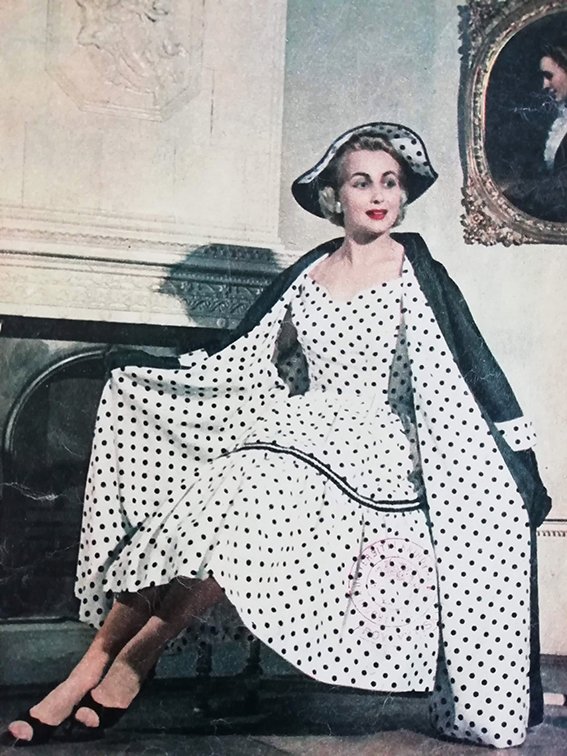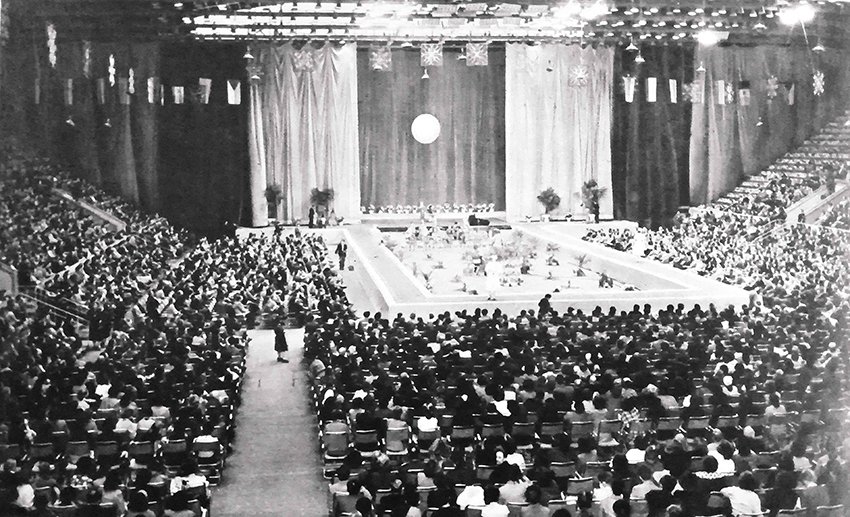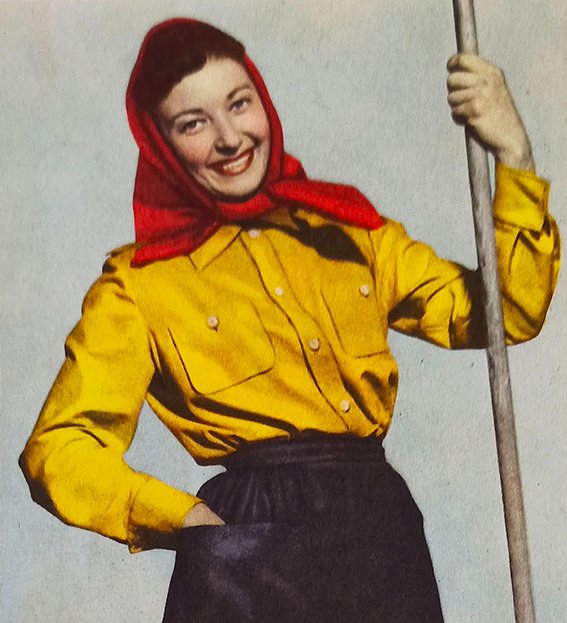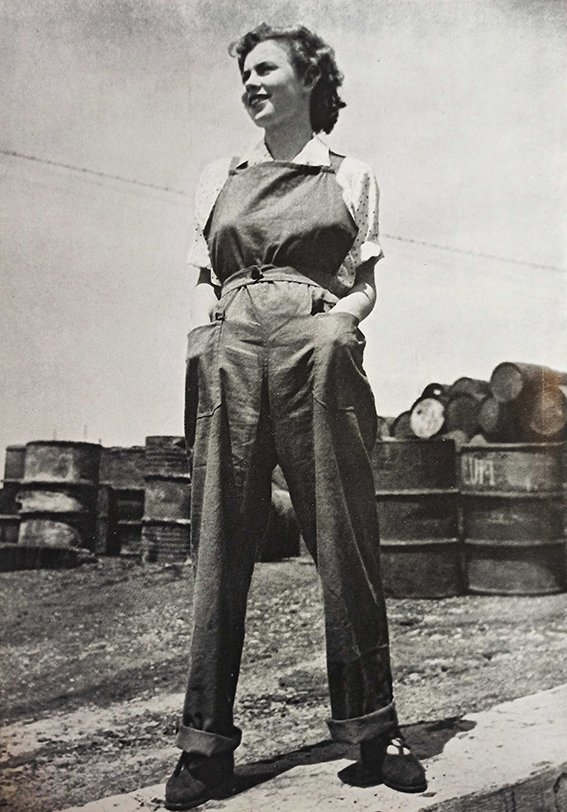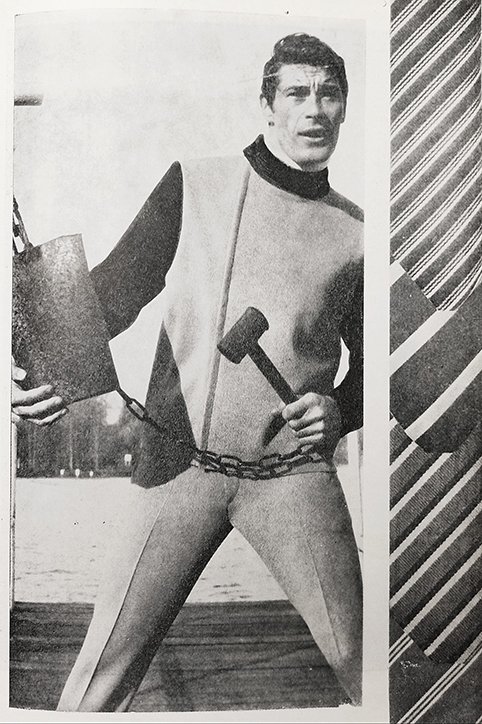Born in Prague, Czech Republic. I studied art history at the Faculty of Arts, Charles University, and the theory and history of modern and contemporary art at the Academy of Arts, Architecture, and Design in Prague. I study mainly Czech art and architecture of the 19th and 20th centuries and the theory and history of fashion and design. I work closely with young fashion designers, trying to help them to grasp their own work theoretically. As a curator, I participated in the creation of a number of exhibitions in the Czech Republic and abroad. Currently, I work at the Academy of Arts, Architecture, and Design in Prague as an internal Ph.D. student at the Department of Theory and as a teacher and methodologist at the Department of Applied Arts, where I teach professional courses in Czech and English for students of the Design program. Since 2021, I am also a member of the Pedagogical Chamber of the Academic Senate. As part of a Fulbright Commission Fellowship, I spent the 2021/22 academic year at the Parsons School of Design in New York working on my research in Fashion Studies.
Between the Fashion Lines
In my research, I consistently deal with fashion, and more specifically, how fashion (as a phenomenon), reflects in culture, society, arts, and other fields. I am mostly interested in fashion theory and methods connected to fashion studies - an emerging academic field that uses fashion and clothing as a tool for explaining and exploring other social issues. Although my doctoral research historically deals with Czech post-war fashion, the main questions I ask are of a theoretical nature and go beyond the local materials and descriptive history of garments.
I focus on how ideologies are reflected in fashion and how clothing influences political communication. I am interested in how fashion functions as a performative tool in opposition to autocratic and nationalist regimes that have sought to subjugate their citizens through dress restrictions or discipline them by disapproving of certain fashions. Furthermore, I seek to determine whether the traditionally proclaimed connection between fashion and capitalism is indeed inevitable and where the limits of this seemingly close connection lie. I also seek to uncover the mechanisms of dress as a subversive force and to discover why all previous attempts to establish a "new fashion order" in non-capitalist socio-economic regimes have so far failed. I am also concerned with alternative processes of fashion diffusion in different socio-economic systems; the impact of clothing on the process of socialization and the construction of individual and collective identity; the popular presentation of fashion as a subversive tool of social indoctrination; the use of fashion as an instrument of social control; the limits of the operation of different models of fashion diffusion, which historically have been mostly firmly tied to a predominantly vertical class stratification; the impact of changing perceptions of time on the cycle of fashion change; etc.
The theoretical analysis examines the phenomenon of so-called socialist fashion in a more general context, looking at its boundaries, mechanisms and links to canonical fashion according to Western models, and, based on the information found about its functioning, also takes into account the current global debate about the future direction of the fashion industry and its alternatives, particularly in the context of environmental changes and the respective policies.
